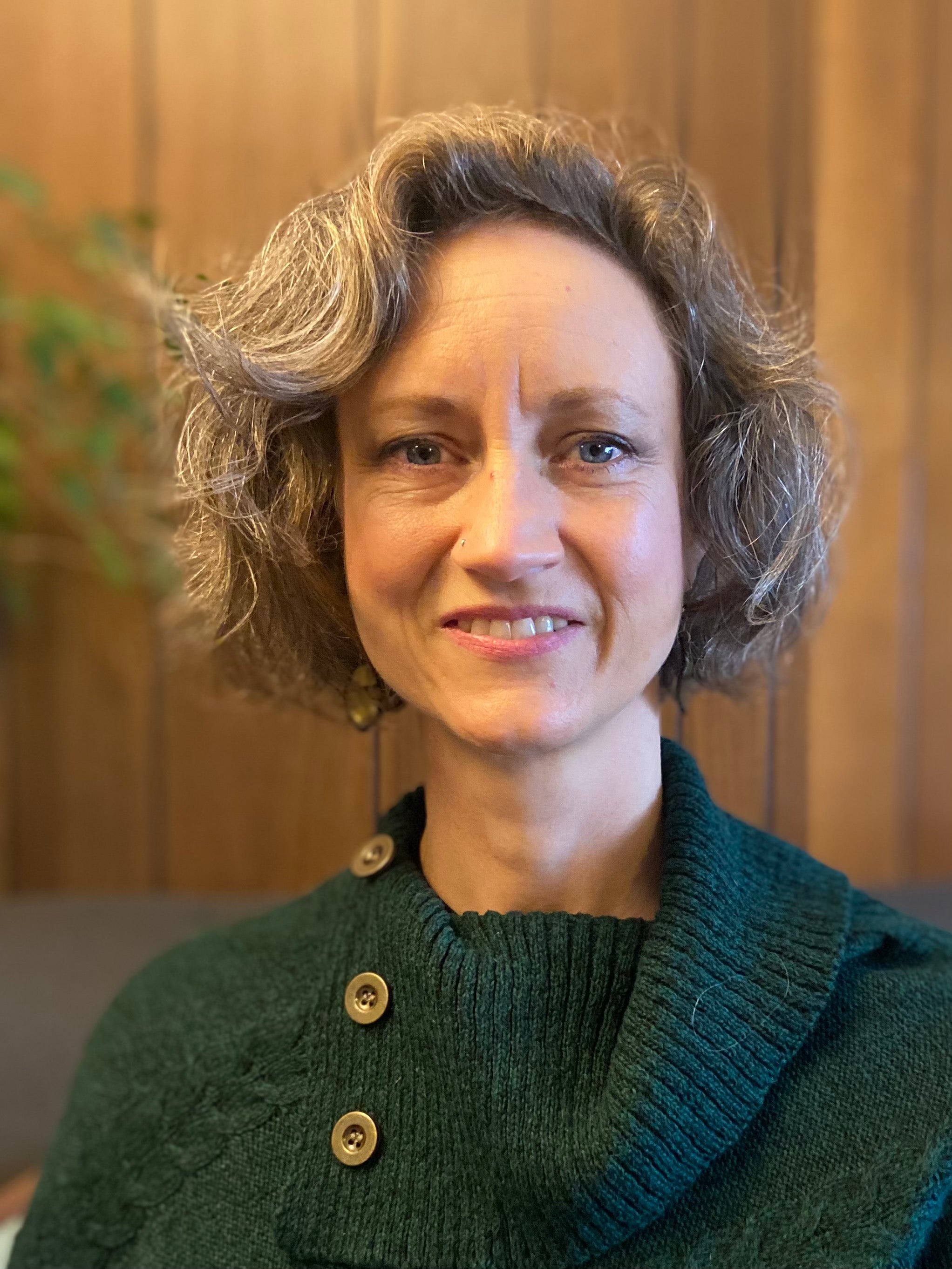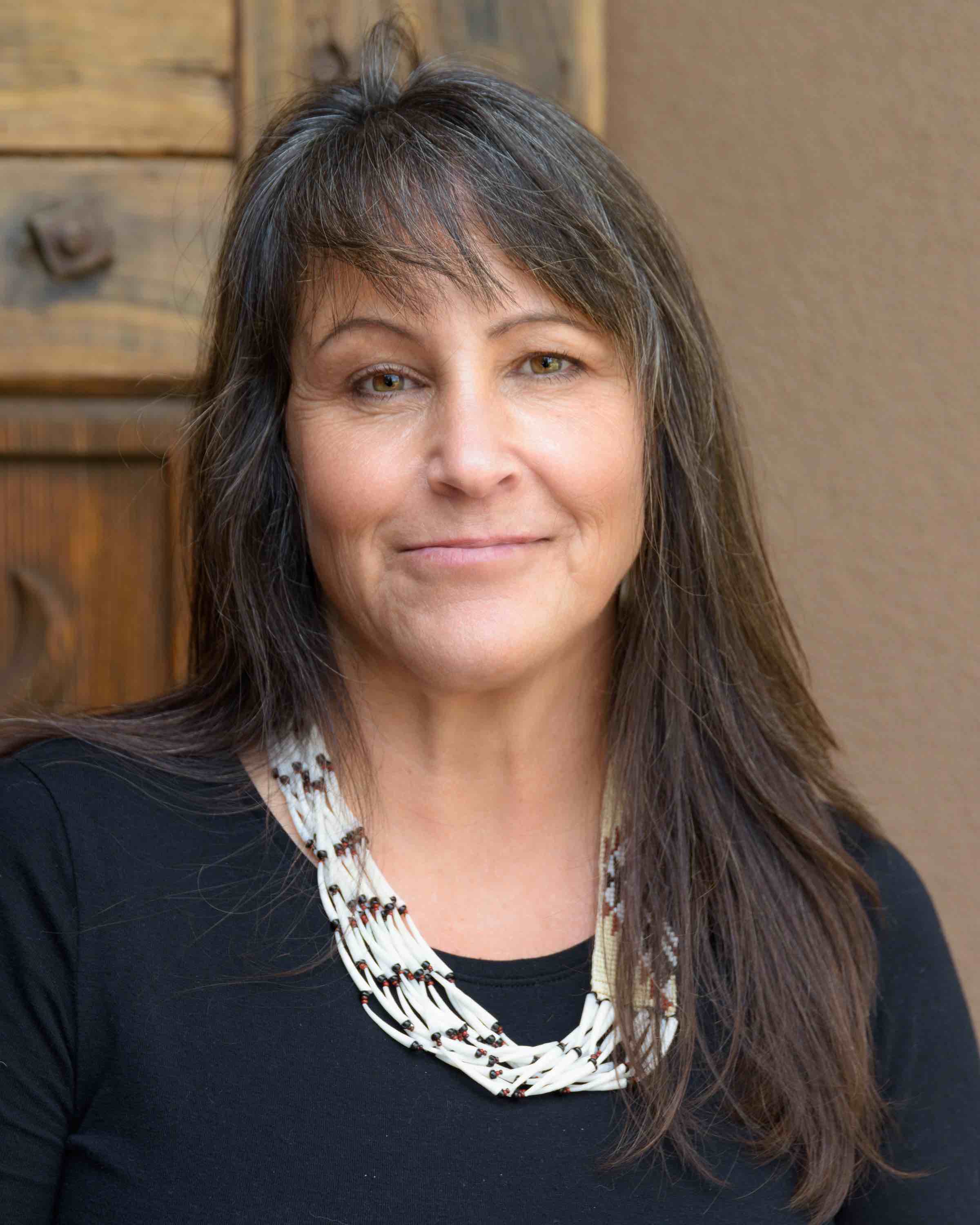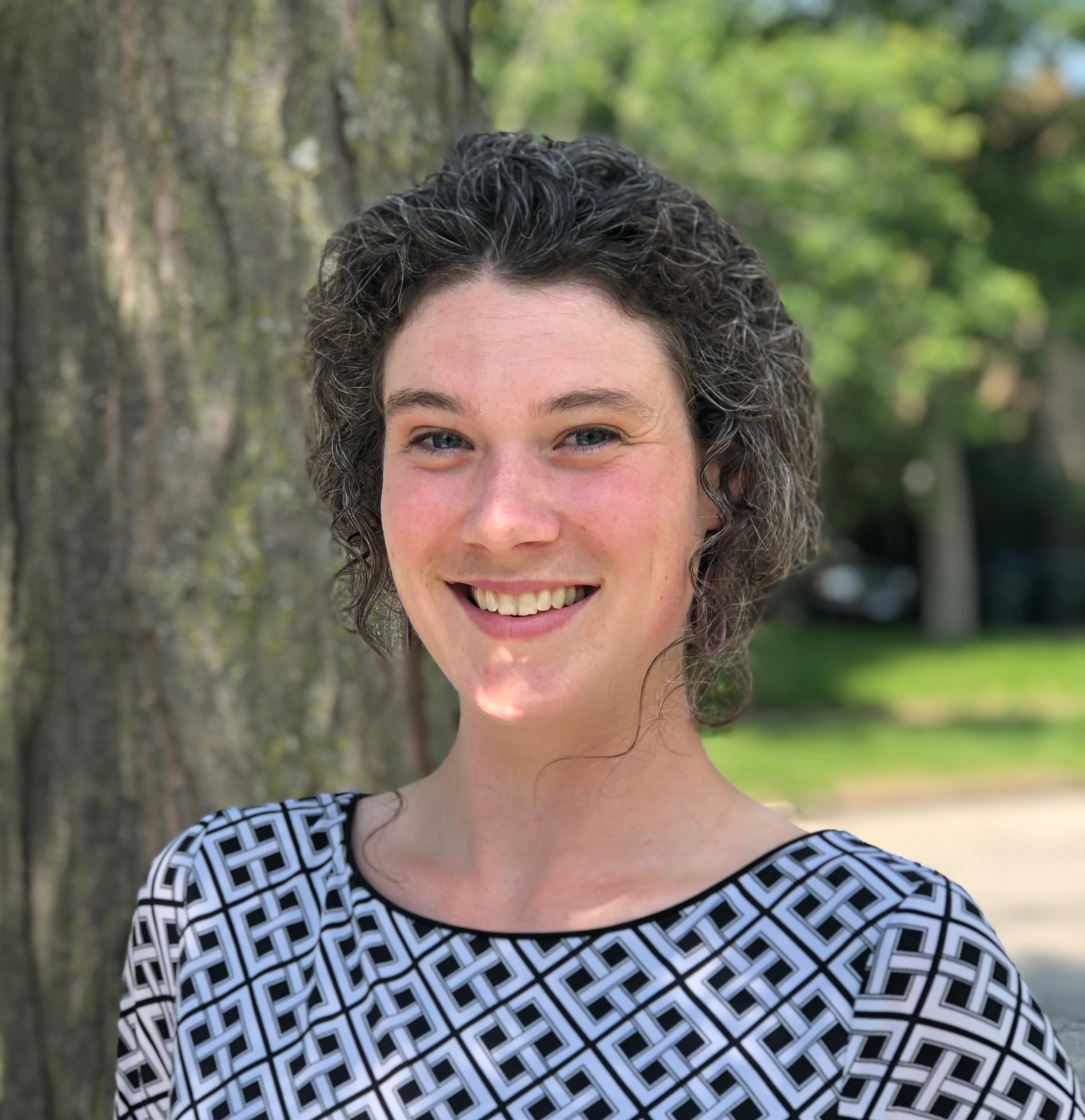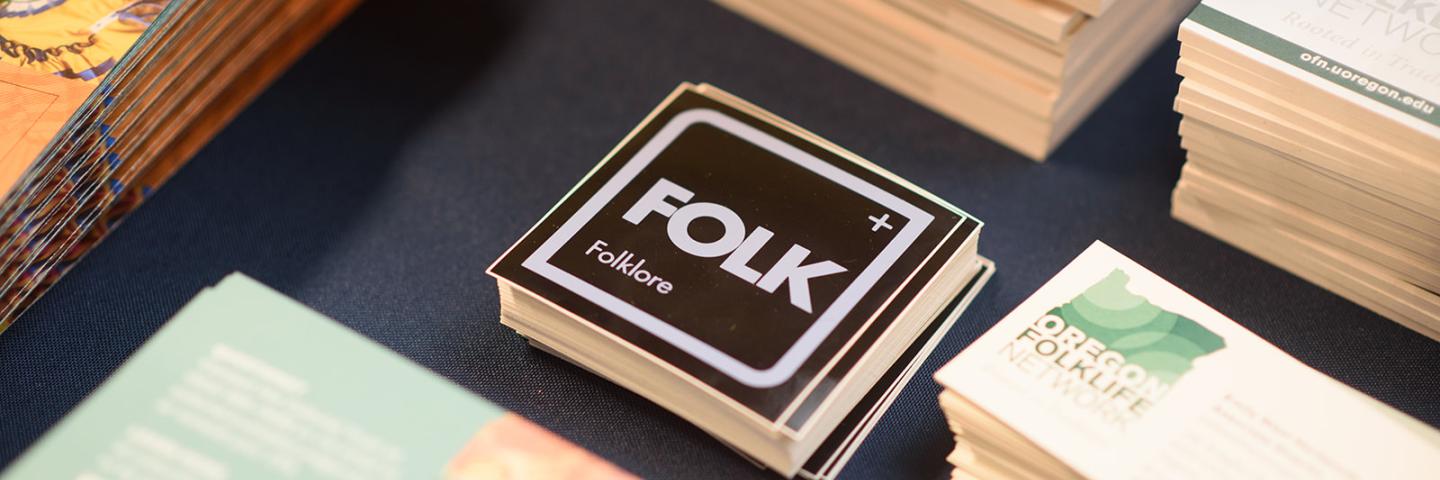Oregon Folklife Network documents, supports, and celebrates Oregon's diverse cultural traditions and tradition-bearers.
OFN conducts fieldwork research and works with communities, organizations, and Tribes to increase public awareness about Oregon’s living traditional arts and cultural heritage.
The Oregon Folklife Network serves as a hub for statewide folklife activities in partnership with the Oregon Arts Commission, Oregon Cultural Trust, Oregon Historical Society, Oregon State Library, and Oregon Heritage Commission, along with community partners including Tribes, community-based cultural organizations, museums, regional cultural alliances, local arts agencies, K-12 schools, universities and colleges, and public libraries.
OFN Vision: Our programs empower and provide opportunity for communities to tell their own stories while providing immediate and tangible benefits to cultural practitioners to sustain their own communities and Tribes.
Folklife encompasses the everyday knowledge, art, and lore in communities whose members share a common language, ethnic heritage, religion, occupation, or geographic home. Our folklife changes as people change, as our environment changes, and as groups interact. Folklife includes forms as new as hip hop and as ancient as Native American basket weaving.
Oregon Folklife Network does not work with folk-inspired art, which is produced by individuals and groups not part of the cultural community that originally developed the art form, even if the quality of the art is excellent.
A culture keeper, also called a folk or traditional artist, is recognized by their community for actively practicing, passing on, and preserving their shared traditions.
Folklife in Oregon is incredibly varied. The state is home to such diverse folkways as old-time fiddle music and saddle making, Palestinian embroidery and Czech egg decorating, Mexican folklórico dance and charro roping skills, Guinean drumming and Somali Bantu henna, Chinese puppeteers and Vietnamese foodways, Umatilla dentalium piecework and Coos storytelling.
The Oregon Folklife Network opened its doors at the University of Oregon in Fall 2010. Adopted by the Museum of Natural and Cultural History in 2018, OFN is an ongoing collaboration between the UO, statewide agencies, and grassroots organizations.
- INVEST in traditional artists and empower culture keepers to maintain, develop, and pass on their living heritage.
- CREATE new opportunities for folk artists to present their works to the public.
- PROVIDE a wide variety of accessible folklife programs for Oregonians.
- DELIVER technical assistance and professional development to organizations, Tribes, and communities interested in preserving, presenting, and promoting their cultural traditions.
- PREPARE the next generation of public folklorists through experiential learning and career opportunities.
Oregon Folklife Network staff members offer consulting to individuals and organizations planning folk and traditional arts opportunities. Assistance can range from a simple email or phone conversation to more in-depth consulting. Reimbursement for travel (at state rates) or staff time (at $25/hour) may be requested for consultations that require substantial time; however we make every effort to keep such costs to a minimum. Contact us to see how we can help.
 | Emily West Hartlerode, Director Email: eafanado@uoregon.edu |
First joining OFN in 2010 as a program manager, Emily West Hartlerode has served as its director since 2023. She has a master's degree in folklore and a certificate in gender studies from the University of Oregon where she trained in feminist ethnographic fieldwork and documentary filmmaking. West Hartlerode has produced fiction films and documentaries, both feature-length and shorts, with documentary subjects ranging from women rock musicians to prison inmate crocheters to Native archivists. Her collaborations include a promotional video for the National Parks Service-sponsored “Honoring Tribal Legacies” guide, and the 38th Annual American Indian Youth Camp. West Hartlerode currently manages NEA-funded projects like the Traditional Arts Apprenticeship Program, and the Technical Assistance Collaboration Grants. She is a member of the American Folklore Society and the Association of Western States Folklorists. She has used video-documentation projects to show how preservation of traditions informs current and historical political issues. An example of this is the Tribal Legacies video, which promotes a handbook for integrating Native American perspectives into Lewis and Clark K-12 curriculum. This and other video samples can be found on OFN's YouTube channel. Along with the Confederated Tribes of Warm Springs and UO Libraries, West Hartlerode received an Oregon Heritage Excellence Award (2014) for the collaborative Warm Springs Audio Preservation project.
 | Deana Dartt, Campus Affiliate Email: deanadartt@gmail.com |
Deana Dartt, PhD is Coastal Chumash and Mestiza, descending from the indigenous people of the Californias. Her scholarly and professional work strives to address the incongruities between public understanding, representation and true acknowledgement of Native peoples, their cultures, histories and contemporary lives.
She earned her MA and PhD from the University of Oregon and has held curatorial positions at the Burke Museum of Natural and Cultural History and the Portland Art Museum as well as teaching appointments at the University of Oregon, University of Washington, and Northwest Indian College. During a writing fellowship at the School for Advanced Research she coauthored the Standards for Museum with Native American Collections. Deana serves on the Museum Advisory Council and brings expertise to OFN on serving Oregon's Indigenous communities.
 | Kait Glasswell, Program Coordinator Email: kaitg@uoregon.edu
|
Kait Glasswell joined the OFN team in 2023. She develops and administers programming, leads community engagement efforts, and contributes to fund development, records management, and media communications. An emerging leader in folk and traditional arts, Glasswell was designated Oregon's 2026 National Arts Futures Fellow by Creative West and South Arts (two regional arts agencies). She also serves on the Planning Committee for the Oregon Arts Education Collective, a group of arts education professionals that leverage collective power to cultivate thriving arts ecosystems across the state of Oregon.
Glasswell earned her BA in Asian Studies and Chinese Language from St. Olaf College. She has a professional background in community engagement, public programming, and grant writing.
